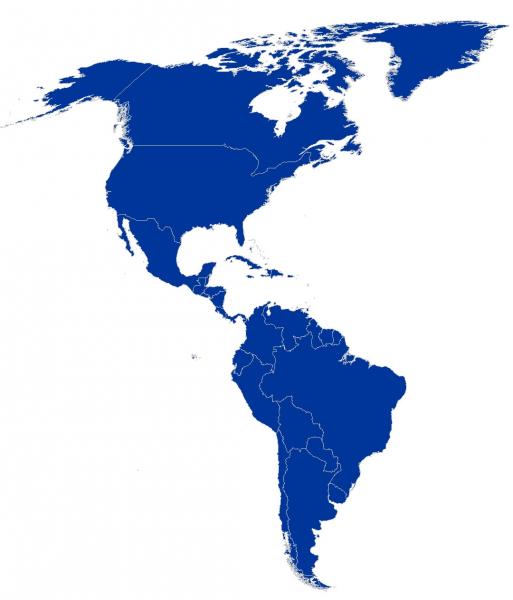






We, the undersigned organizations, as members of the International Coalition of Organizations for Human Rights in the Americas, deeply lament the silence and lack of formal response by the Permanent Council of the Organization of American States (OAS), to the requests we made during the months of March, April, and May of 2015[1]. In these requests we asked the Permanent Council to convene at one of the many dialogue spaces between both organizations from civil society and the members of the Inter-American System of Human Rights (IASHR) with the candidates of the Inter-American Court and Commission of Human Rights.
Although the request for formal dialogue was discussed in Permanent Council’s two public sessions and one private session without the presence of civil society and the general public, at the moment we still have not received a formal and concrete response. Given the closeness of the General Assembly of the OAS in which the reference elections will be occurring, we infer that the lack of any response regarding our list of demands implies its refusal.
With its silence and implicit refusal, the OAS has diverged from the steady path it has taken in the last several years, dedicated to incorporating more transparent practices in the selection process before civil society, the press, and academia among others. This is clearly worrying as the selection process for members of human rights bodies directly affects the rights of those who inhabit the continent, from heads of states to individuals. It is for this reason that the selection of members should be subject to wide scrutiny from members, victims, national protection bodies, the press, and academia among other relevant actors.
Formal dialogue with candidates would allow the aforementioned actors and the public in general to learn about the candidates’ stances and proposals while being able to evaluate their independence, suitability, and ability to represent, all of which are indispensable in achieving the effective protection of human rights. Additionally, these actors and the public would be able to comment on the collective balance that these bodies demand in order to guarantee diversity, gender parity, representation, judicial specialization to mention several criteria.
It surprises us that on this occasion the OAS has not granted formal dialogues from candidates in front of the IASHR and civil society, even though open forums in the Permanent Council have been held in the past. On May 1, 2013 a session was held in which the candidates for the Inter-American Commission at the time responded to various questions posed by organizations from civil society and delegations from member states. More recently, these meetings have been held for the selection of the Secretary General and the Under-Secretary General.
It is worrying that institutionally the OAS moves away from the practices described and let pass a valuable opportunity to engender transparency, participation, and legitimacy that should govern the selection process of the members of its human rights bodies.
We announce that we are attentive to the observations made by the Panel of Independent Experts about the Election of Inter-American Commissioners and Judges, created as a result of an initiative from civil society to give greater transparency to selection processes.
In addition, we would like to thank all the candidates of the Inter-American Commission of Human Rights that presented themselves at the dialogue supported by the Center for Justice and International Law (CEJIL), member of the Coalition, in Panama City, Pana during the 7th Summit of the Americas. This dialogue allowed a fruitful and productive interchange of key topics for the protection of human rights in the Americas. Their participation demonstrated that candidates are not the ones who fear or mistrust public opinion.
We hope to count on the attendance of all the candidates of the Inter-American Court of Human Rights to a forum that will be backed by civil society in the frame of the General Assembly of the OAS in Washington DC.
¡Ayúdanos a continuar este trabajo crítico y urgente con una donación!
DONA AHORA